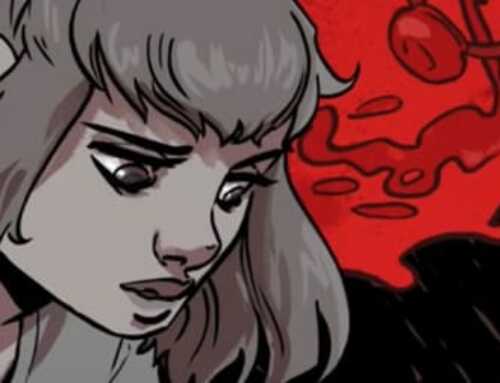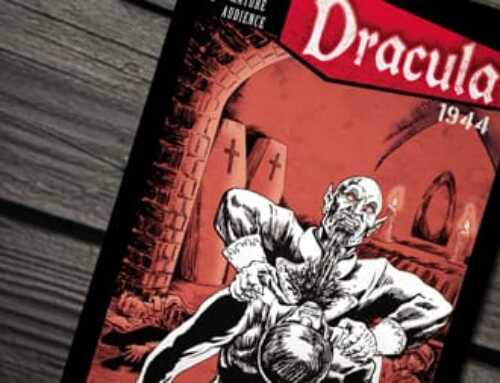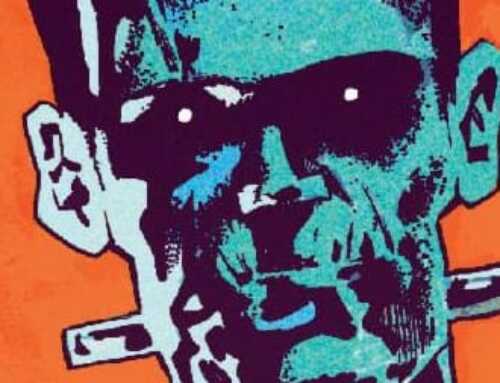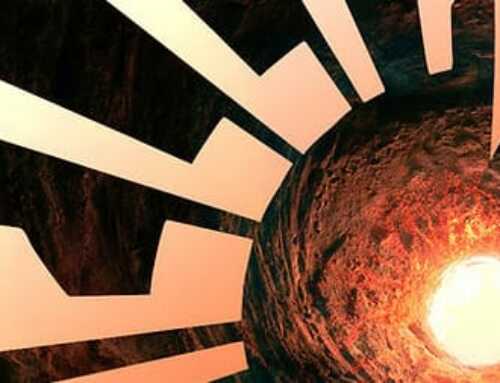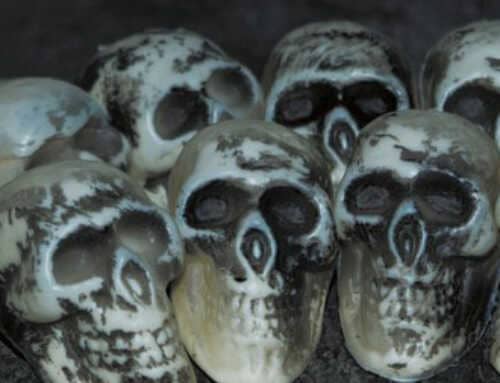Lord of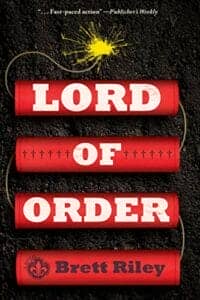 Order is a neo-western set in a world destroyed and ruled by a fundamentalist Christian cult called The Crusade. This is the second novel by author Brett Riley, whose previous work includes screenplays and a paranormal mystery called Comanche. There’s nothing supernatural this time around, but there’s enough brutality and gore to keep horror fans reading, and there’s high appeal for anyone interested in western post-apocalyptic/dystopian stories. After a short framing prologue, we are introduced in media res to Gabriel Troy, the Lord of Order (a sort of combined sheriff and governor) for New Orleans, and his small circle of deputies as they capture a high profile “troubler,” a term used throughout the book to refer to all those dissidents who (rightly) rebel against the cult.
Order is a neo-western set in a world destroyed and ruled by a fundamentalist Christian cult called The Crusade. This is the second novel by author Brett Riley, whose previous work includes screenplays and a paranormal mystery called Comanche. There’s nothing supernatural this time around, but there’s enough brutality and gore to keep horror fans reading, and there’s high appeal for anyone interested in western post-apocalyptic/dystopian stories. After a short framing prologue, we are introduced in media res to Gabriel Troy, the Lord of Order (a sort of combined sheriff and governor) for New Orleans, and his small circle of deputies as they capture a high profile “troubler,” a term used throughout the book to refer to all those dissidents who (rightly) rebel against the cult.
The crux of the story is that the current head of The Crusade intends to use New Orleans as an interim prison for anyone deemed a detriment to the cult, and, once they’ve all been walled in, agents of the crusade will destroy the city’s levees, effectively wiping out everyone inside. As if that wasn’t diabolical enough, the powers that be have no intention of evacuating the city’s current residents despite their continued dedication to the cause. Faced with the impending destruction of his city and all of the people he has shepherded, Gabriel Troy must throw in with his sworn enemies and defy the cult that he has devoted his entire life to.
If I had to compare Lord of Order to anything I’d liken the experience to reading Cormac McCarthy– it sits firmly in the realm of The Road and Blood Meridian, although I never found this to be quite as bleak. Unfortunately, this comparison also lends itself to my biggest gripe about the book: Riley has adopted McCarthy’s trademark lack of quotation marks and minimal punctuation, and in this case, it’s a double-edged sword.
On the one hand, it does level the tone and bring it all towards the author’s voice. I find that this minor change in dialogue tends to make violence starker and more savage because it is less differentiated than other parts of the text, but it also feels like it cuts away a bit at the individual identity of characters. In McCarthy’s work that’s not a big deal because his characters tend to be intentionally flat or outright vile, but Riley’s characters are his biggest strength and I’m not sure that emphasizing the banality of evil is worth the minor loss of identity that occurs. The protagonists all feel well developed and deeply conflicted, and I think the decision to excise quotation marks is a detriment because of that. The work isn’t quite directly introspective enough for punctuation thinning to make it feel ethereal or strange, and the choice to do so will inherently turn some readers away.
That said, if the premise sounds appealing I can’t recommend the book highly enough. It’s incredibly brutal for something which isn’t directly a part of the horror genre, with some gut-wrenching scenes of torture and frenetic combat sequences that I found really satisfying as a release from the situational pressure that Riley builds throughout the book. What’s more, the character development is expertly handled and believable. Troy and his deputies are deeply fleshed out and palpably conflicted, and the thematic dive into faith and the corruption of trusted institutions is pretty powerful stuff.
Rating 8 out of 10 Troublers


